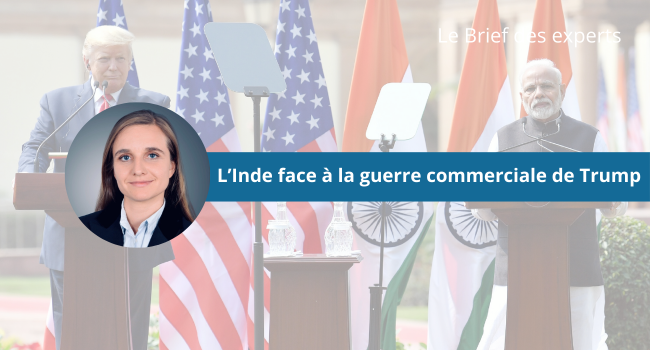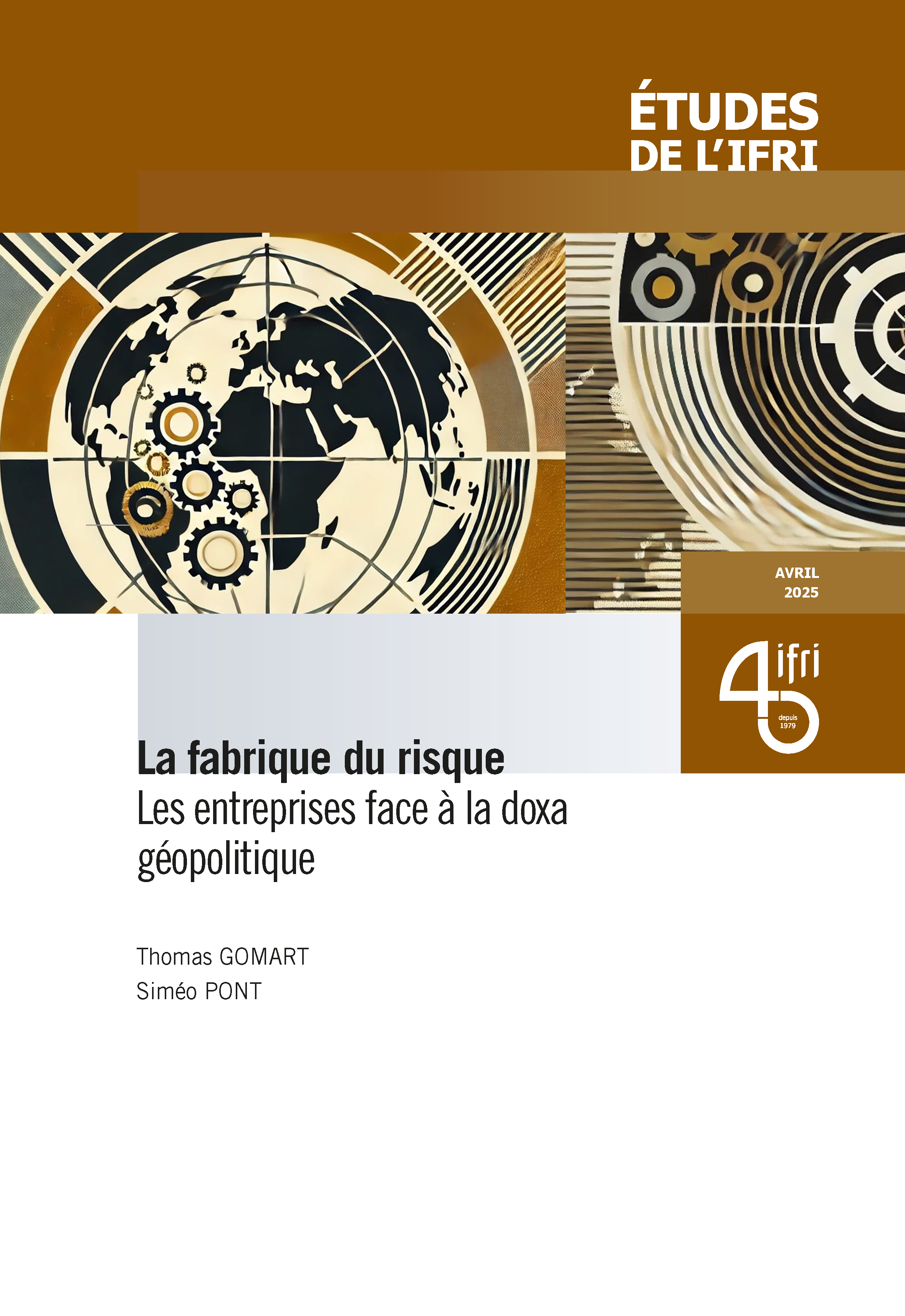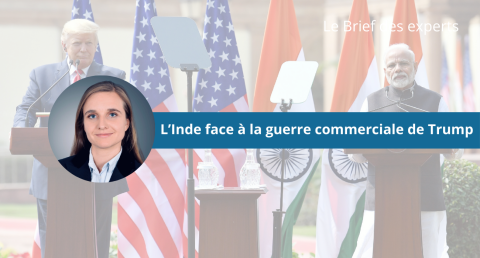Re-thinking Turkish foreign policy in the Western Balkans

Informations pratiques
Thématiques et régions
Centres et programmes liés
Ceci est un événement réservé.
En savoir plus sur nos programmes de soutienIn the first of our foreign policy meeting series “Ruptures in the Neighborhood: The Impact of Turkish Foreign Policy in its Neighboring Countries and Beyond,” we will focus on the Turkish foreign policy (TFP) in the Balkans. In line with the overall goal of the series, we will aim to get an overview of TFP in the Balkans, outline the risks and opportunities it bears for Balkan countries, Turkey, and the EU, and develop political frameworks and policy proposals which would contribute to the peace, stability, cooperation, and welfare in the region. The over-arching question will be: how can German-French foreign policy react to TFP.
This dialogue is co-organized by the Heinrich Böll Stiftung, IFRI, Al Sharq Forum and the ISAC Fund.

With this meeting, we aim to address the following issues:
- Analysis of the implementation of TFP in Balkans & implications for German-French and overall EU approach to Turkey.
- Turkish cultural and development aid (TİKA)
- The religious dimension of TFP in the Balkans under the shadows of neo-Ottomanism, Islamism, Gülenism, and anti-Gülenism
- Is neo-Ottomanism over?
- Turkey’s role in post-Dayton Bosnia-Herzegovina
- Turkish role in Kosovo, Albania, Serbia (and Sandzak), North Macedonia and Montenegro
- Outlining foreign policy risks and opportunities for the peace, stability, and welfare of the region.
- Analysis of main economic dimensions of foreign policy issues.
- Turkish investments and trade
- Energy projects
- EU Connectivity Agenda & Belt and Road Initiative
- EU Enlargement policies and fostering of practical cooperation (Berlin Process/Connectivity Agenda, new French Western Balkans Strategy etc) and the Balkans.
- Turkey and other third actors’ influences in the Balkans (Russia, Gulf States, China)
- Refugee crisis, challenges to European migration regime, and their implications for the countries of the region.
- Developing a joint German-French approach to Turkish policies in Balkans. Chances for joint EU-Turkey initiatives.
Intervenants
Sujets liés
Autres événements

Le retour de la « grande coalition » – quel leadership allemand dans un monde incertain ?
Le nouveau gouvernement allemand, une « grande coalition » probablement dirigée par Friedrich Merz, va devoir faire face à un environnement international complexe, marqué notamment par un bouleversement des relations transatlantiques. Les attaques de l’administration Trump à l’égard des alliés traditionnels des Etats-Unis, le rapprochement entre Washington et Moscou, ainsi que les incertitudes qui pèsent sur le futur de l’OTAN, ébranlent les paradigmes de la politique étrangère allemande.

L’Inde face à la guerre commerciale de Trump
Un brief de 30 minutes autour de Sylvia Malinbaum, chercheuse, responsable de la recherche sur l'Inde et l'Asie du Sud au Centre Asie de l'Ifri.

La Russie est-elle prête pour la paix ?
Depuis plus de trois ans, la Russie mène une guerre de haute intensité contre l’Ukraine, qui bénéfice du soutien politique, militaire et financier de l’Occident.









